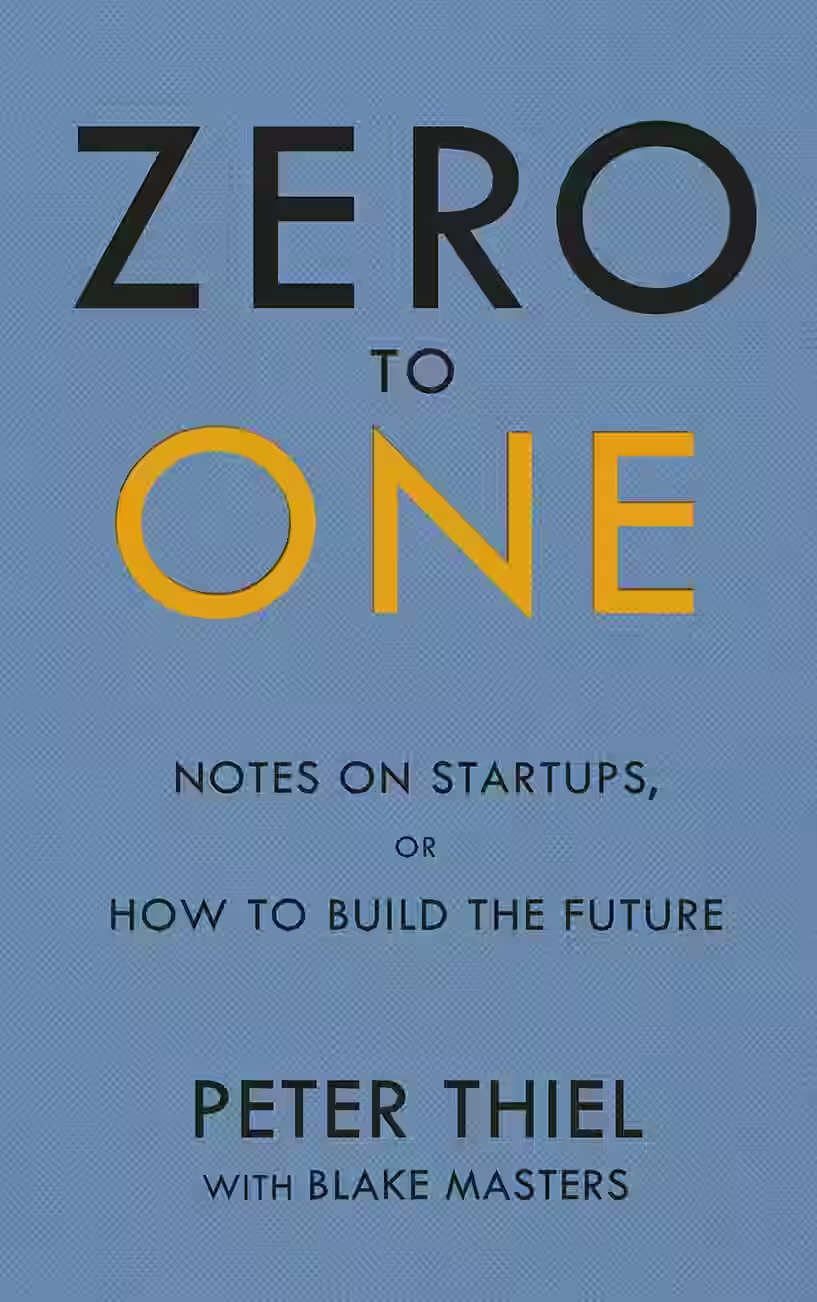
In 'Zero to One,' Peter Thiel, co-founder of PayPal and Palantir, challenges conventional wisdom and offers valuable insights on building successful startups. Thiel emphasizes the importance of innovation and creating something unique (going from 'zero to one') rather than imitating existing models. He delves into the concept of monopoly power, highlighting how businesses can thrive by dominating a niche market. Thiel's entrepreneurial advice is both provocative and practical, encouraging aspiring entrepreneurs to envision the future and disrupt industries. This book is a thought-provoking read for anyone interested in entrepreneurship and innovation.
About Peter Thiel
Peter Thiel, born in Frankfurt, Germany in 1967, is best known as a successful entrepreneur, venture capitalist, and author. Thiel co-founded PayPal, one of the first online payment systems, and later became one of the earliest investors in Facebook. His book 'Zero to One: Notes on Startups, or How to Build the Future' became a bestseller and is highly regarded for its insights on innovation and business strategy. Thiel's impact on literature lies in his ability to translate his business acumen into thought-provoking and practical advice for aspiring entrepreneurs, making him a influential figure in the tech and startup ecosystem.
Similar Books
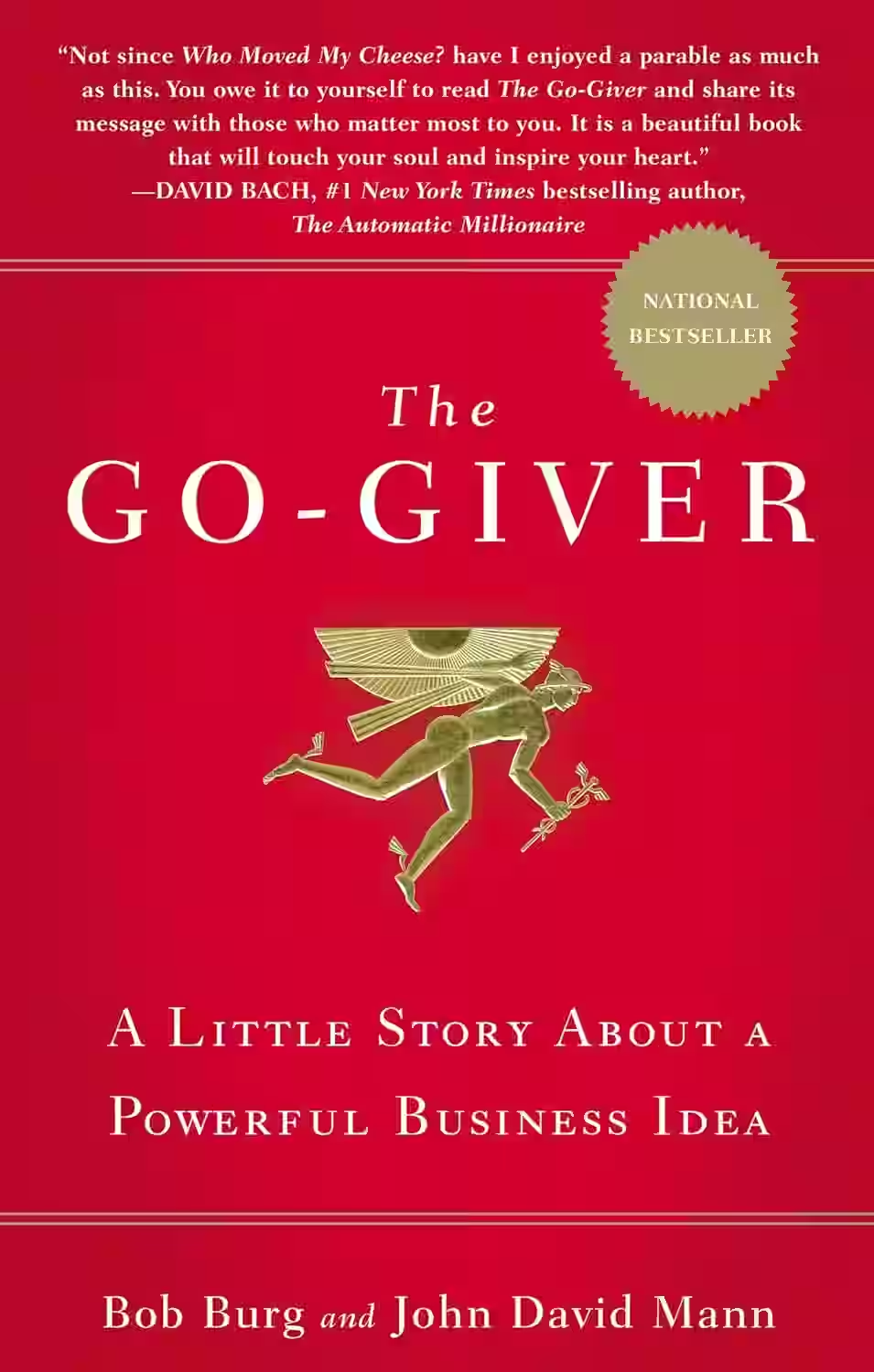
The Go-Giver
In 'The Go-Giver,' Bob Burg weaves a compelling narrative that challenges traditional notions of success and business. The story follows a young, ambitious professional named Joe who discovers the secrets of genuine success through the mentorship of a wise businessman named Pindar. Through a series of encounters with influential individuals who embody the five laws of stratospheric success, Joe learns valuable lessons about the power of giving, receptivity, authenticity, and more. This book is a powerful and inspiring read that explores the profound impact of putting others' interests first and fostering meaningful connections in both personal and professional endeavors.
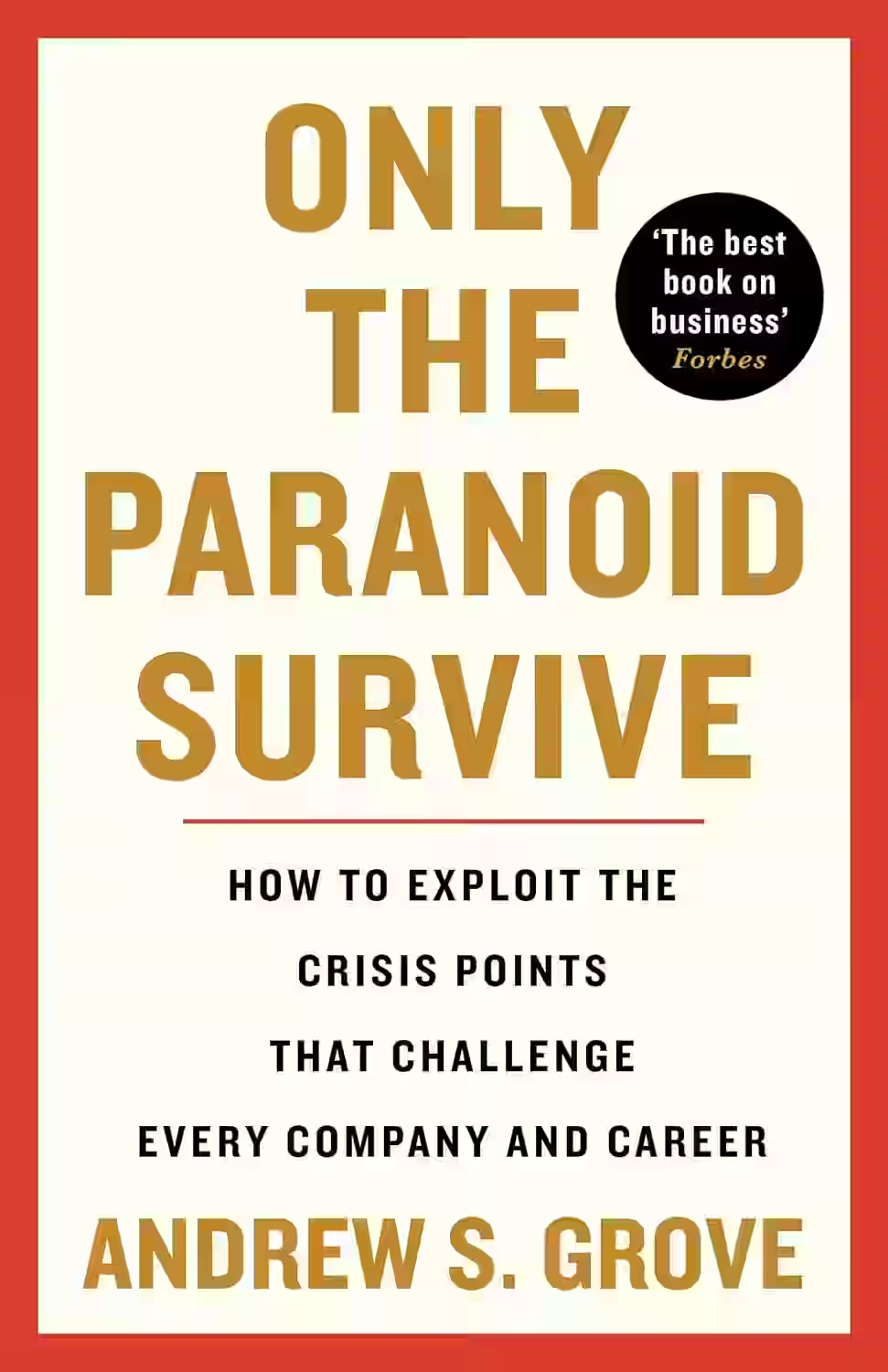
Only the Paranoid Survive
In this business classic, Intel co-founder Andy Grove shares insights into managing “strategic inflection points”—critical moments that can make or break a company. Drawing from his experience leading Intel through seismic shifts in the tech industry, Grove emphasizes the importance of adaptability, vigilance, and courage. His core idea: constant change demands a mindset of healthy paranoia. Companies and leaders must be ready to pivot when conditions shift. Part memoir, part management manual, the book offers practical strategies for staying competitive, fostering innovation, and leading through uncertainty. It remains a must-read for entrepreneurs, executives, and strategic thinkers.
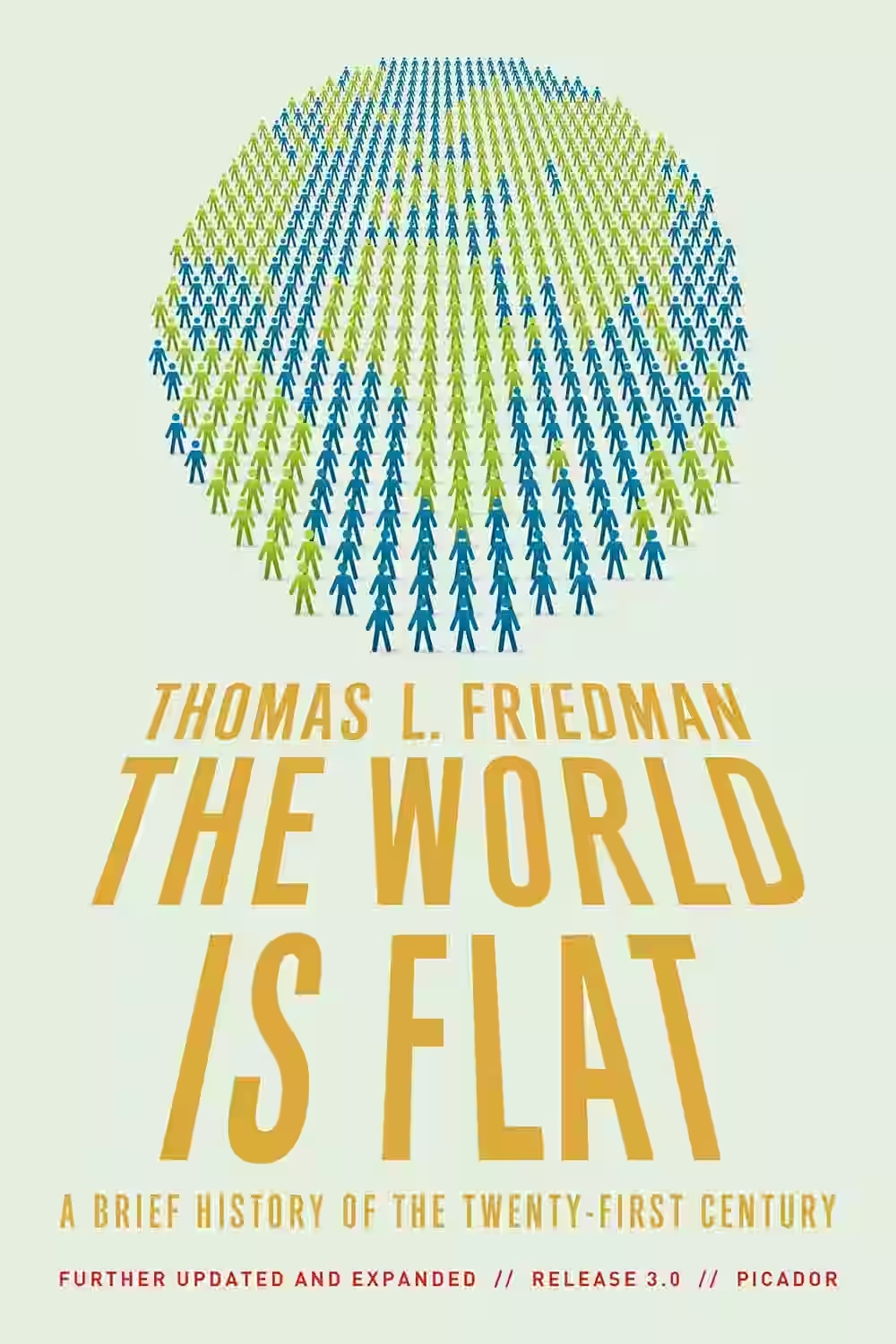
The World Is Flat
In 'The World Is Flat,' Thomas L. Friedman explores the concept of globalization and its impact on our interconnected world. He delves into how technological advancements, particularly the rise of the internet, have leveled the playing field for individuals and businesses worldwide, creating both opportunities and challenges. Friedman argues that in this 'flat' world, countries and individuals must adapt to stay competitive. Through engaging anecdotes and analysis, the author paints a vivid picture of a world where traditional boundaries are becoming increasingly blurred. This thought-provoking book challenges readers to rethink their place in a globalized society.
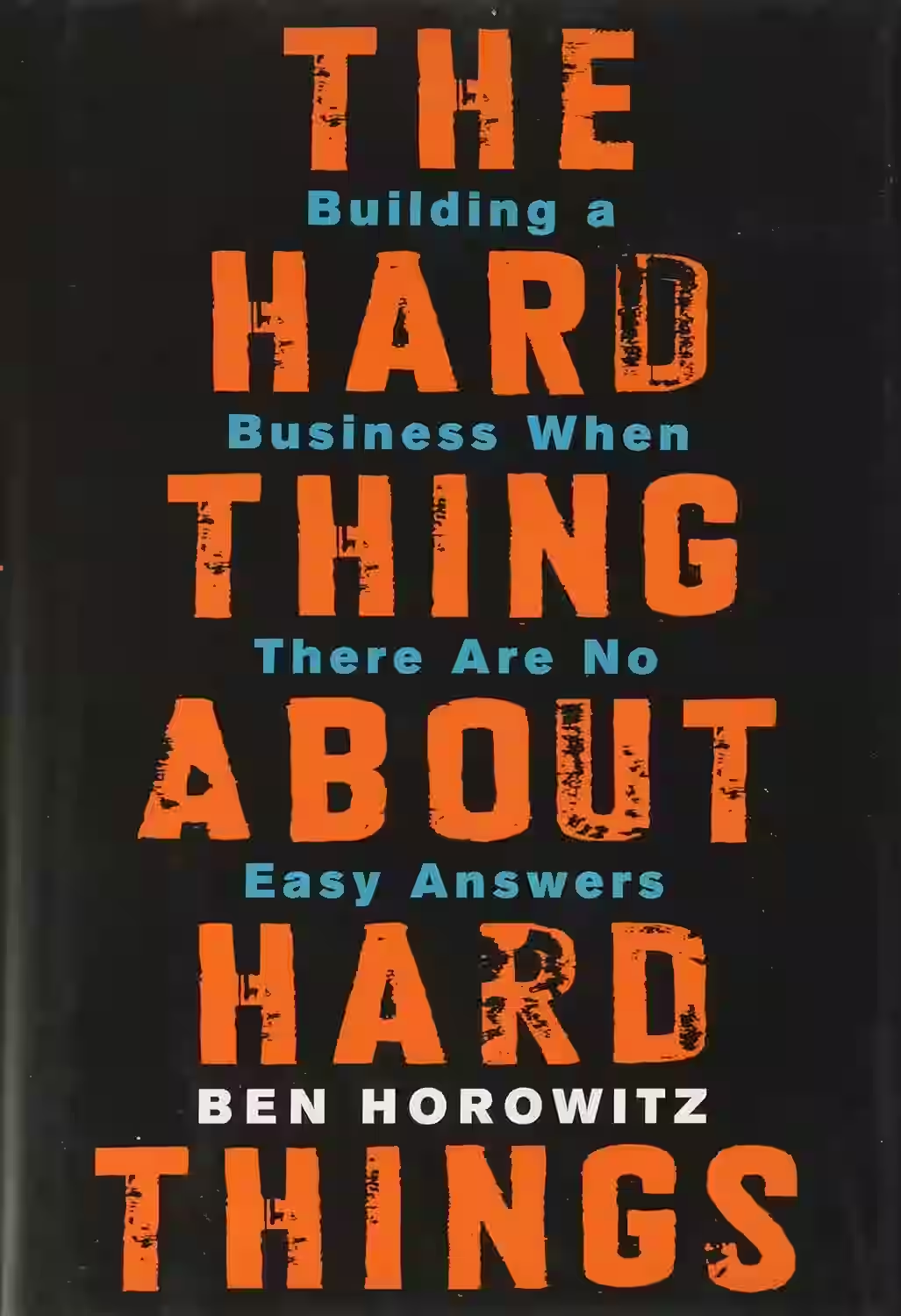
The Hard Thing About Hard Things
by Ben Horowitz
Ben Horowitz delivers a brutally honest, no-nonsense account of what it truly takes to build and run a startup. Drawing from his own experience as co-founder of Andreessen Horowitz and CEO of Opsware, Horowitz outlines the often-overlooked struggles: firing friends, managing morale, surviving downturns, and making impossible decisions. Rather than generic leadership tips, he offers hard-earned wisdom on navigating chaos and building a strong, resilient company. Larry Page praised the book for its candor and realism. It’s an essential read for entrepreneurs, CEOs, and managers who want insight into the harsh realities of leadership and long-term survival.